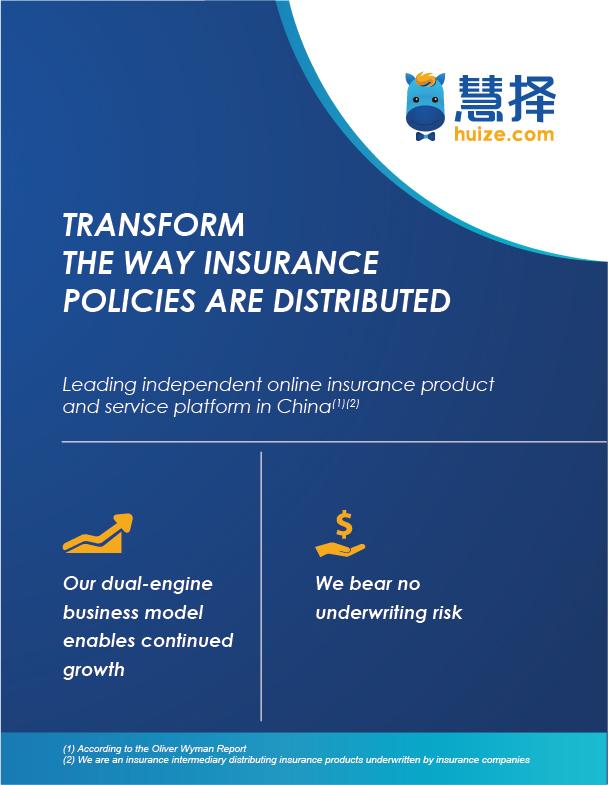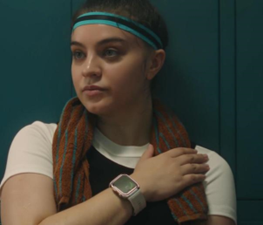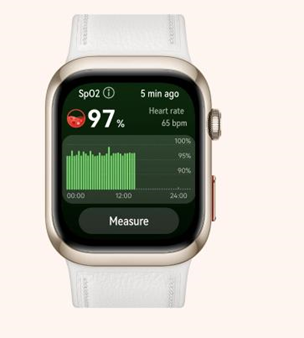For the first time in the United States, some schools could start using facial recognition for security. Lockport Public Schools in western New York started testing it this week.It's one of the many areas of society now relying on the technology -- and that's raising new privacy and civil rights concerns.
Many of us see facial recognition technology as part of the future. But for Shaun Moore, the future is now. "CBS This Morning" visited Moore's L.A.-based company, Trueface, where he demonstrated their capabilities with a photo of CBS News correspondent Carter Evans found online.
Moore explained that the camera was analyzing Evans' "facial features" and the "mathematical representation" of his face. An algorithm is trained to recognize the person in the photo, and look for someone who could be a match.
Moore said he sees this technology being used for mobile banking and "access control": entering a building using your face.
But Trueface is now moving beyond facial recognition, and developing algorithms to detect body movement – like a person's eyes looking away from their screen. Moore emphasized that the goal wasn't to help offices monitor their employees' every eye movement. "Fortunately for us, we get to choose our clients, so we work very intimately with them and understand their use case and make sure that it falls within our obligation to society," he said.
Moore also emphasized that the technology isn't all about surveillance – it can also help consumers access their phones, and purchase products more easily.
"It's not all surveillance, it's not all monitoring," he said, adding "but I do think that if there are not checks and balances in place, there's a propensity to misuse this technology and that's something we do not want to see happen."
In China, the government is putting facial recognition to use with plans to install 400 million cameras in the next three years, tracking everyone from jaywalkers to ethnic minorities they see as a separatist threat. But some computer science experts are concerned about how companies might use the technology.

"In the U.S., it's largely unregulated," said Steven Bellovin, a professor at Columbia University, adding "Is this person packing the boxes too slowly compared to her or his coworkers? This person wandered off to take a break for a little bit too long […]" Bellovin added. "[The camera] is constantly turning up the pressure, turning up the heat with no discretion."
At Ritchie Trucking in Fresno, drivers are tracked by face-reading cameras. If a driver is distracted or begins to close their eyes, an alarm sounds and the seat vibrates. The system also sends a video clip of the incident back to headquarters.
The company argues that the technology could save lives. One former employee was let go because cameras captured him using a cell phone while driving, which is illegal in the state of California.Ritchie Trucking CEO Poncho Baker said that employees won't be fired on the spot for closing their eyes on the job, and that the company will "try to figure out why this happened."
"It's not just a black and white deal," he said, adding "maybe they were up all night with a sick kid."
Facial recognition technology may be developing faster than the federal government can regulate it. Cities like Oakland, California and Somerville, Massachusetts are considering local bans, and last month, concerns raised by civil liberties groups in San Francisco led to a ban on facial recognition technology.
Download our Free App
For Breaking News & Analysis Download the Free CBS News app









